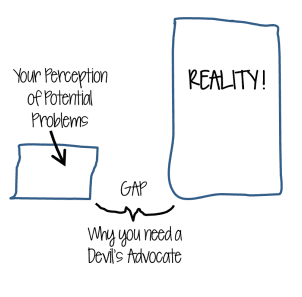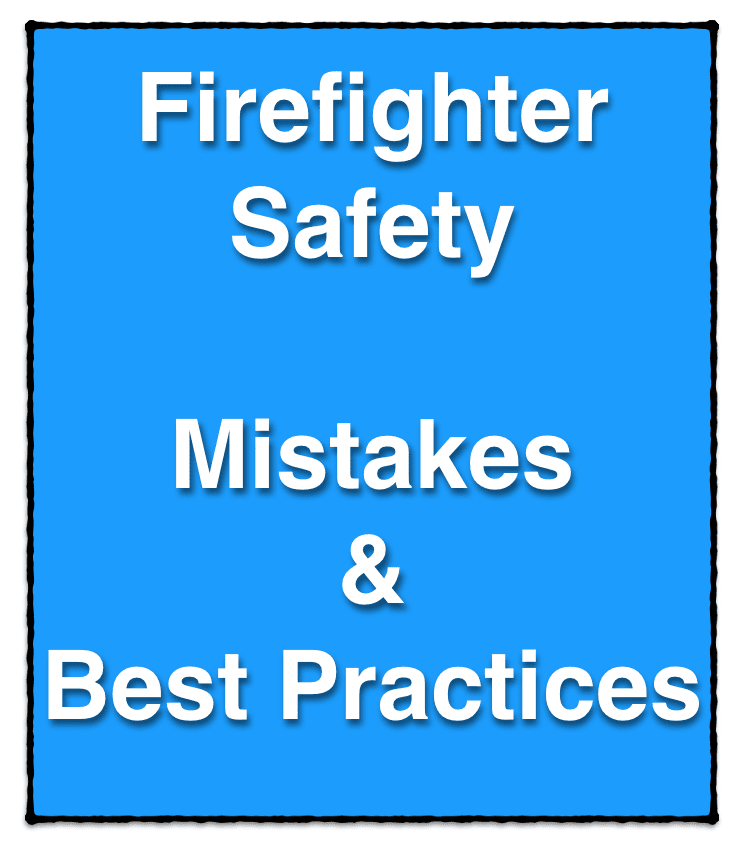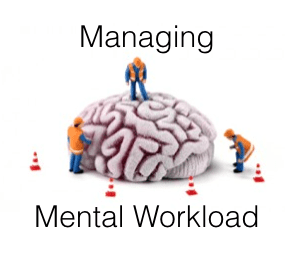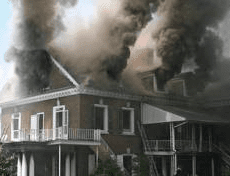We Must Stop The Insanity: Part 3
Welcome to the third article in the four-part We Must Stop The Insanity situational awareness series. In case you missed the previous two articles (which I encourage you to go back and read) or if you need a refresher, indulge me as I do a little recap. In Part 1, I talked about flawed size-ups. […]
We Must Stop The Insanity: Part 3 Read More »










